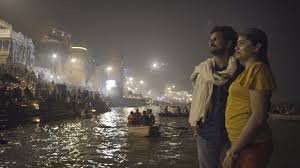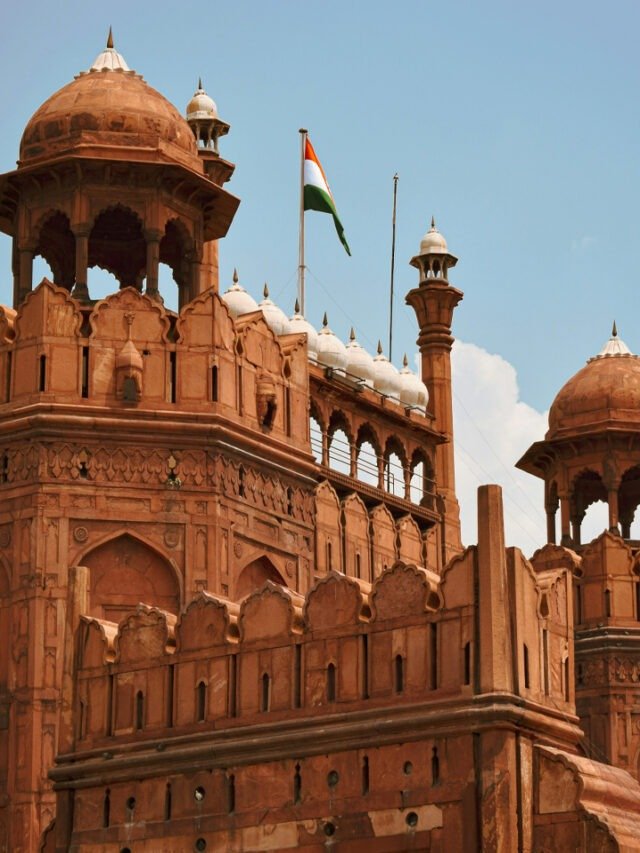New Delhi, Oct 16: Filmmaker Ritesh Sharma says his debut feature “Jhini Bini Chadariya” is an attempt to explore the essence of Kabir through the stories of a reclusive weaver and a headstrong dancer, both searching for “identity and space” in a fast changing city like Varanasi.
Though the two protagonists, played by Muzaffar Khan and Megha Mathur, don’t meet except for a brief moment when their paths cross, they end up having an impact on each other’s life. The city, he said, is a backdrop as well as a character in the story.
“Kabir wasn’t literate, but he questioned every single aspect of religion. As a filmmaker, I want to explore the essence of Kabir through my films,” Sharma told PTI.
“Jhini Bini Chadariya” follows Rani, a street dancer trying to raise money to give a better life to her deaf daughter, and a weaver named Shahdab who befriends an Israeli tourist. Their story is set against the backdrop of recent redevelopment of temples in Varanasi.
“When I was in Benaras, there were many such stories. The city was changing, and so was the country and the world. Suddenly, we felt fear around us. When I met people from the Muslim community, I sensed their fear, and that’s what I tried to capture in the film.
“My goal was to express what I feel about Benaras and the changes that have occurred there. People should understand that even if these events are not happening to them, they can still become victims. The underlying politics can surface at any time, and we must face it,” Sharma said.
The filmmaker, who earlier directed the 2010 documentary “The Holy Wives” focusing on caste-based sexual exploitation, said the idea for the film came to him in 2015 when he was visiting the city.
“Around Holi, I saw a woman dancing with a bottle of beer at a temple in front of the Manikarnika Ghat, while people were throwing water at her… I had heard that vulgar songs are played in Bihar and UP, but to see it happening so openly, especially at a temple, felt like full-on exploitation.”
He then spoke to many female dancers to understand their experiences and it gave him the idea to explore a character like that.
“I felt a strong need to tell their side of the story. I wanted to understand their experiences, so I stayed in Benaras for six months, writing the character of Rani, the dancer. I also came across weavers in Benaras. It was important to tell the story of a human who is a weaver and a human who is a dancer, both trying to find their own identity and space,” he said.
The title “Jhini Bini Chadariya” is taken from a poem by Kabir, the 15th century mystic poet-saint, who drew a lot from the different languages of the day as well as his profession as a weaver to call out the hypocrisy in both Hindus and Muslims.
“I don’t think I ever understood Kabir in childhood when we were made to memorise him but not imbibe him. When I began to grasp his teachings, I realised how much we need Kabir in today’s time of religious madness.”
Sharma initially wanted to call the movie “Tana Bana”, another phrase that has often appeared in Kabir’s poetry and comes from weaving, a major profession in the city known for its silk saris.
Since the title was already registered, he decided to go with “Jhini Bini Chadariya”. In English, the film is titled “The Brittle Thread”.
The film is presented by filmmaker Anurag Kashyap who has championed it through social media. It is currently streaming on pay-per-view platform MovieSaints.
“Jhini Bini Chadariya” had its first screening at the Tokyo International Film Festival in 2021, followed by the Dharamshala International Film Festival as well as International Film Festival of Kerala, receiving acclaim from the viewers.
According to the director, independent filmmaking is difficult, especially if one is a newcomer.
“It was not easy to secure funding when I decided to tell this story. Today, Malayalam cinema is investing in unique stories, but the Hindi belt is still stuck in the star system. (PTI)












